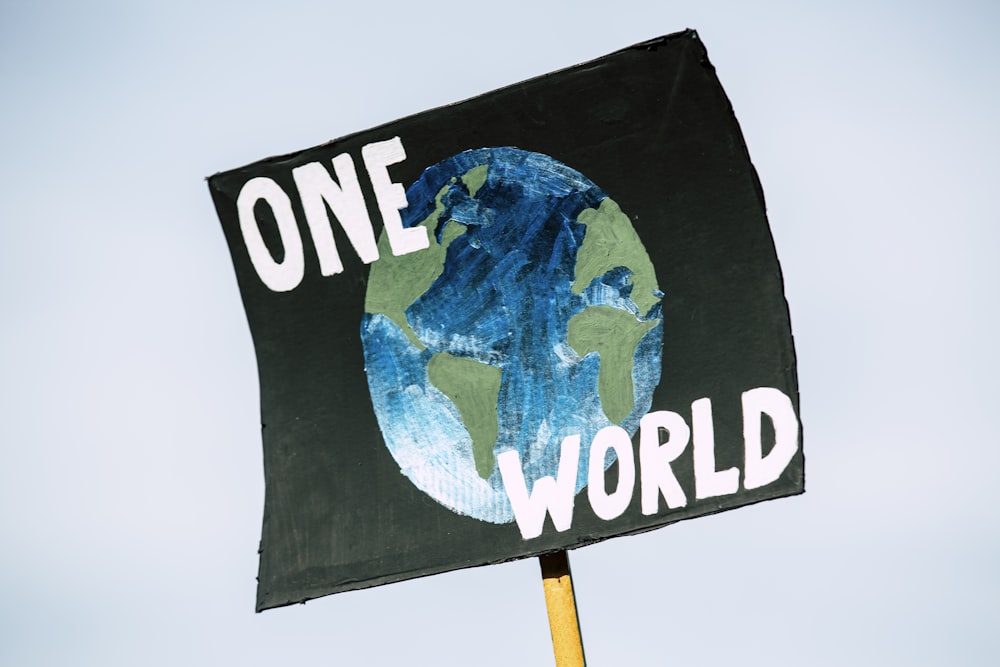
ANALYSIS Gift Gawanani Mauluka 04 March 2022
During the recent Conference of Parties (COP 26) in Glasgow, the High-Level Climate Champions formally reported to the parties on the progress made by non-state actors towards the climate action. They stressed that actions by individual actors will not yield to the reduction of the greenhouse gases (GHG) emissions to meaningfully keep the 1.5 °C temperature limits for the resilient future.[1] This is against the backdrop of the Intergovernmental Panel on Climate Change (IPCC) report indicating that current GHG emissions, as reported through the current Parties’ NDCs, would correspond to a temperature rise of about 2.7°C by the end of the century[2], which is clearly off the target. Furthermore, the Yearbook of Global Climate Action asserts that it is through immediate and substantive actions in adaptation and mitigation that climate change can be addressed. Within the context when climate deliberations of COP 26 focused on mitigation, adaptation, and financing for climate action, I reflect on how personal or individual actions can contribute towards climate change action. The reflection is provoked by the “all hands on deck” sentiments that were made by Patricia Espinosa, Executive Secretary of the UNFCCC at the end of COP 26 in Glasgow,[3] echoing the notion that everyone should be involved in addressing climate change. This is in light of commitments and pledges to further cut GHG emissions; phase down the use of coal; financial support to developing countries; phasing out subsidies for fossil fuels, among other outcomes of the Conference.
Sticking to commitments
To begin with, the actions of the countries in acting towards climate change are guided by the United Nations Framework Convention on Climate Change (UNFCCC) of 1992. Article 2 (a) of the UNFCCC calls upon parties to develop national policies and take corresponding measures on the mitigation of climate change.[4] Through Article 4 (2) of the Paris Agreement, parties implement this provision by preparing, communicating, and maintaining successive Nationally Determined Contributions (NDC). COP 26 was particularly important as it marked the reporting period on NDCs since the adoption of the Paris Agreement in 2015. Nevertheless, the IPCC reports that even though the commitments have been met, the GHG emissions are off track and call upon substantive action to ensure temperature rise remains under 1.5 °C by the end of the century.[5] Probably, such findings are what provoke the sentiments to have everyone involved in the battle against climate change.
Individual action
Firstly, all anthropogenic GHG emissions, no matter how minor, contribute to an increase in carbon dioxide levels in the atmosphere.[6] So, while State parties have made commitments at the international level, the citizens of these States could take action that is closer to home and aid their States in fulfilling the pledges and the commitments made. Secondly, cutting GHG appears farfetched when considered as a scientific method that has its unique calculations. However, if one is to consider everyday activities such as using public transport, riding a bicycle to work or school, and planting a tree, the concept is closer to home and appears to be an individual action by everyone and not necessarily bestowed upon the States.
Thirdly, during COP 26, States made new pledges on phasing down on the use of coal. For the States, this is through optimizing the investment in the generation of energy through wind or solar-powered machinery as clean sources of energy. While the use of coal in the households at an individual level might be farfetched in this time and age, investment in electric-powered vehicles and the use of solar lighting within the households might be an alternative that individuals can manage to commit.
Furthermore, Parties to the Paris Agreement made new commitments and pledges on financing for climate change mitigation and adaptation for developing countries. Through the different financing mechanisms, the developing countries stand to benefit from this. Such include adaptation financing where resources are to help developing countries cope with the adverse effects of climate change. While limited action might be taken at an individual level to meaningfully finance climate change action, change of diet by consuming less meat, stopping the use of thin plastics, and recycling plastic can be actions that can be taken at an individual level to contribute towards climate action to reduce the effects of climate change.
While individuals take personal actions to contribute to mitigation and adaptation to climate change, this does not take away the obligations and duties of the States to act. The reporting on NDCs, refining of policies and legislations as well as financing actions towards climate change remain the ultimate obligation of the States. Individual actions, which can be supported and incentivized through social support, policy implementation, and legal action, remain to be just a hand on the deck where the States are making the bigger contribution.
[1]Climate action, ‘Marrakech Partnership for Global Climate Action’ < https://unfccc.int/climate-action/marrakech-partnership-for-global-climate-action> accessed on 21 February 2022
[2] Secretariat, UN Climate Change. “Yearbook of global climate action 2021: Marrakech partnership.” (2021) < https://unfccc.int/climate-action/marrakech-partnership/reporting-and-tracking> accessed on 23 February 2022
[3] Ibid, p 5
[4] United Nations Framework Convention on Climate Change, New York, 9 May 1992, United Nations Treaty Series, Vol. 1771, No. 30822 (UNFCCC)
[5] See note 2, p 8
[6] Rachel Pepper, ‘Climate Change Litigation: A Comparison Between Current Australian and International Jurisprudence’ (2012), 1-16 < https://www.ajne.org/sites/default/files/event/7076/session-materials/climate-change-regime-implications-for-asean-judiciaries-justice-rachel-pepper.pdf> accessed on 26 February 2022